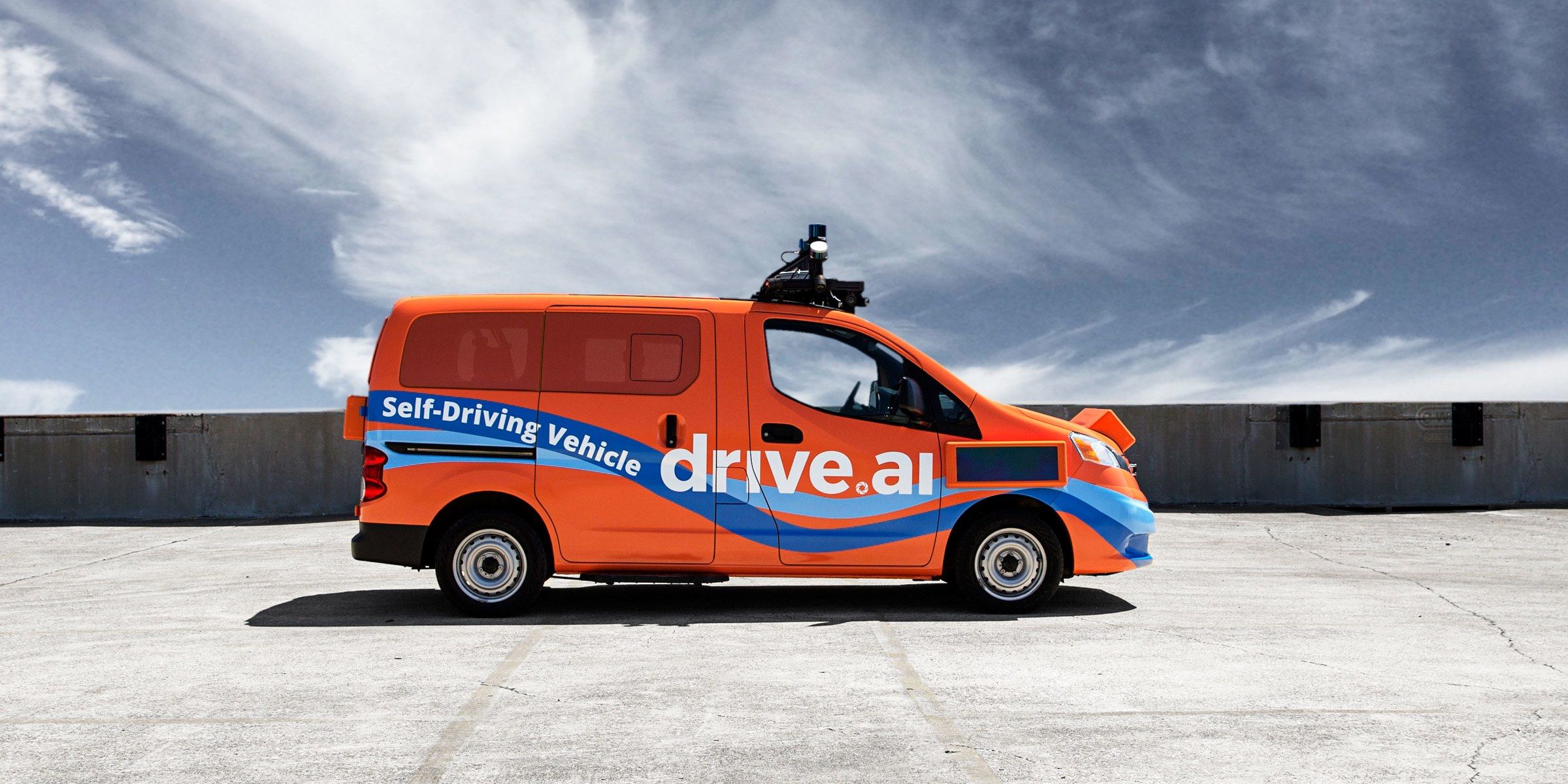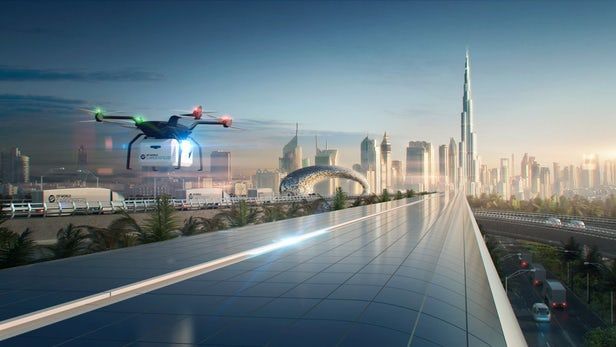Roadways clogged by commercial vehicles and intense competition for affordable housing are imposing costs on prosperous cities and their most vulnerable residents.
Cities are the hubs of the emerging digital economy, attracting knowledge workers with higher pay and alluring lifestyles. One consequence of this concentrated prosperity is rising rents and a scramble for housing that places disadvantaged citizens in peril—as seen in the increasing rates of homelessness in cities such as Seattle. More people living in urban cores also means more commercial vehicles are needed to serve them, which is fueled by a surge in online deliveries. The resulting congestion is burdening cities with surprisingly high costs. The social stresses of the new growth should be on your radar.






